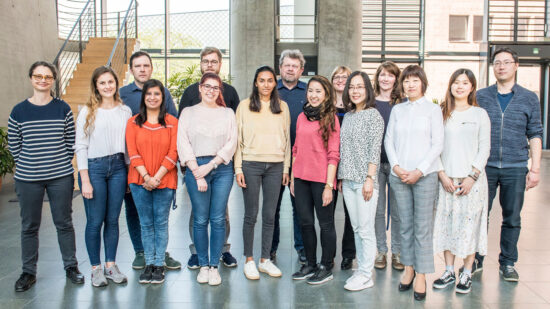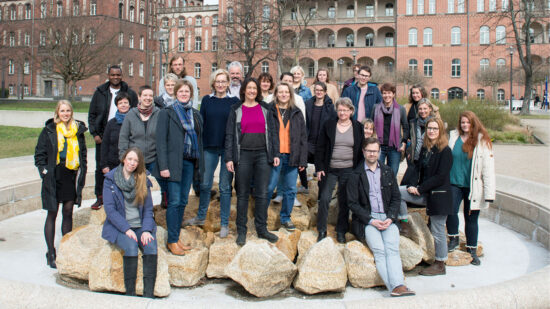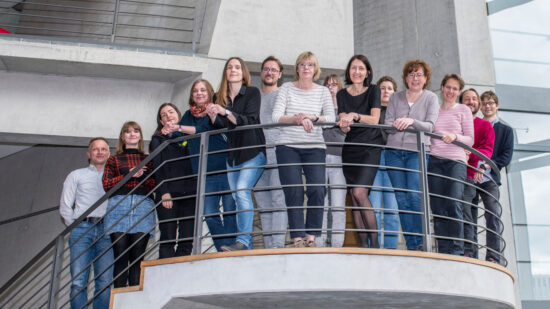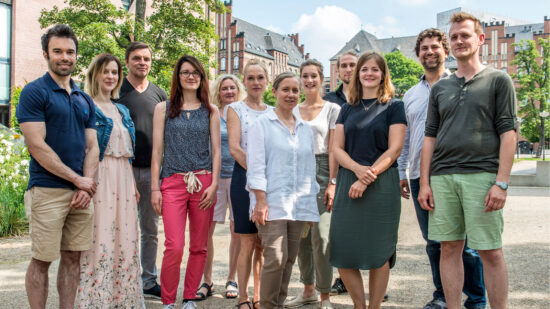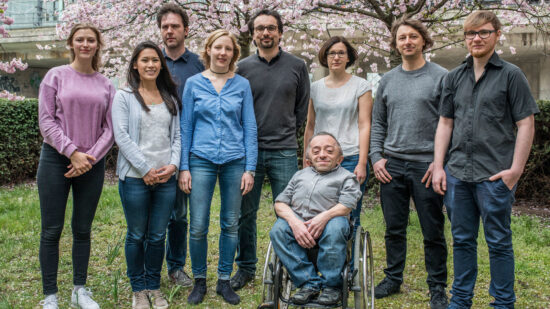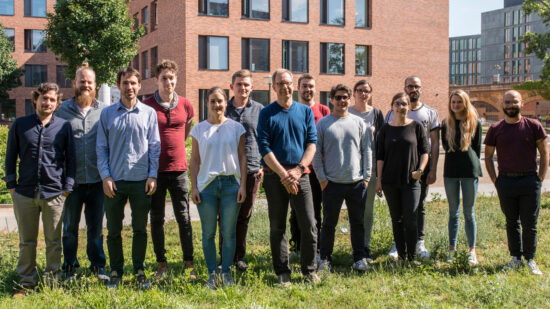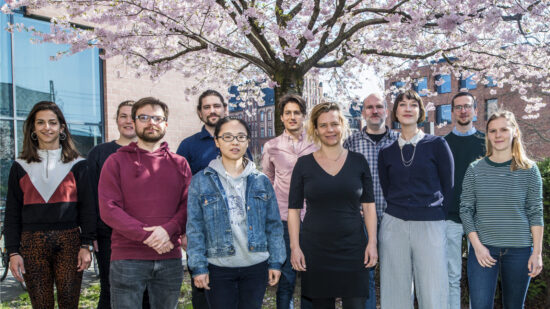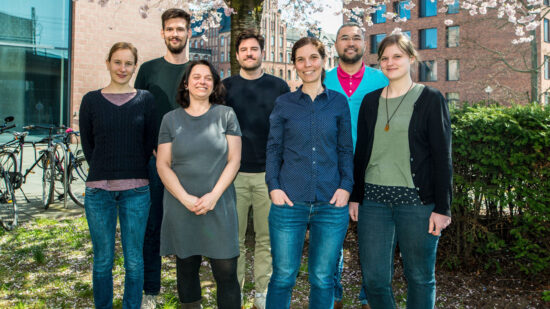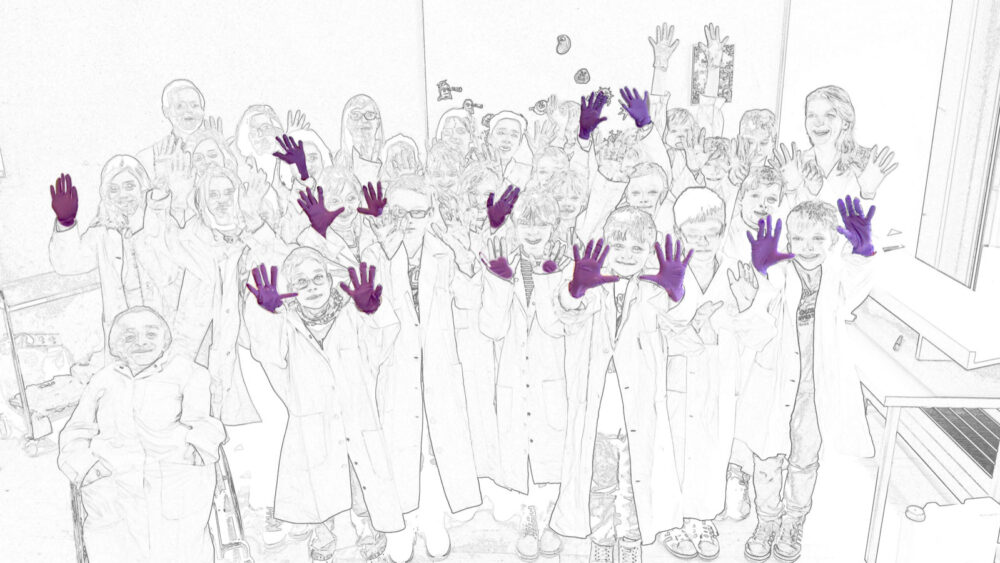

Day of Immunology – DRFZ vs SARS-CoV-2
SARS-CoV-2 research at the DRFZ
The Day of Immunology (April 29) is an initiative of the European Federation of Immunological Societies (EFIS). It took place in 2005 for the first time. Since 2007, the DRFZ has been participating in the annual European activities. Andreas Radbruch, the scientific director of the DRFZ is the president of EFIS.
"The Day of Immunology is an excellent opportunity to highlight the importance of immunology in the fight against infections, autoimmunity and cancer, and to promote the importance of immunology research."
In the last years, we invited school classes to the DRFZ on the Day of Immunology. The children performed experiments themselves in a real lab and learned a lot about human immune cells.
This years’s motto is COVID-19. We will introduce the research groups which are involved in the fight against the Covid-19 pandemic.
__________
More information and links to the publications on SARS-CoV-2 research:
Immunology
The field of immunology encompasses many different research areas in health research and is well connected regionally and internationally.

 Deutsch
Deutsch